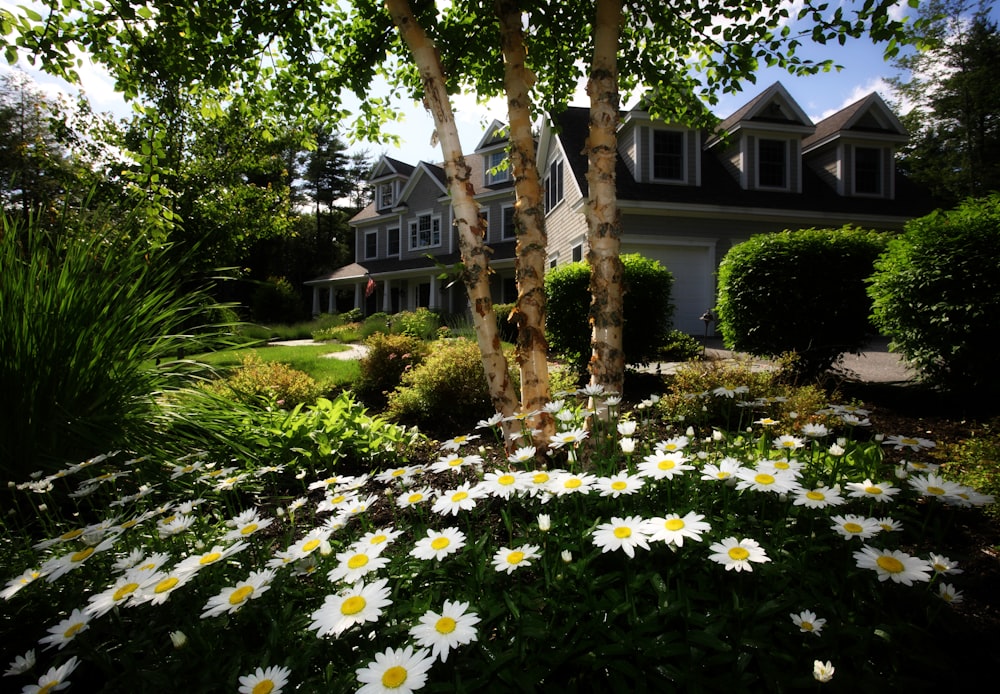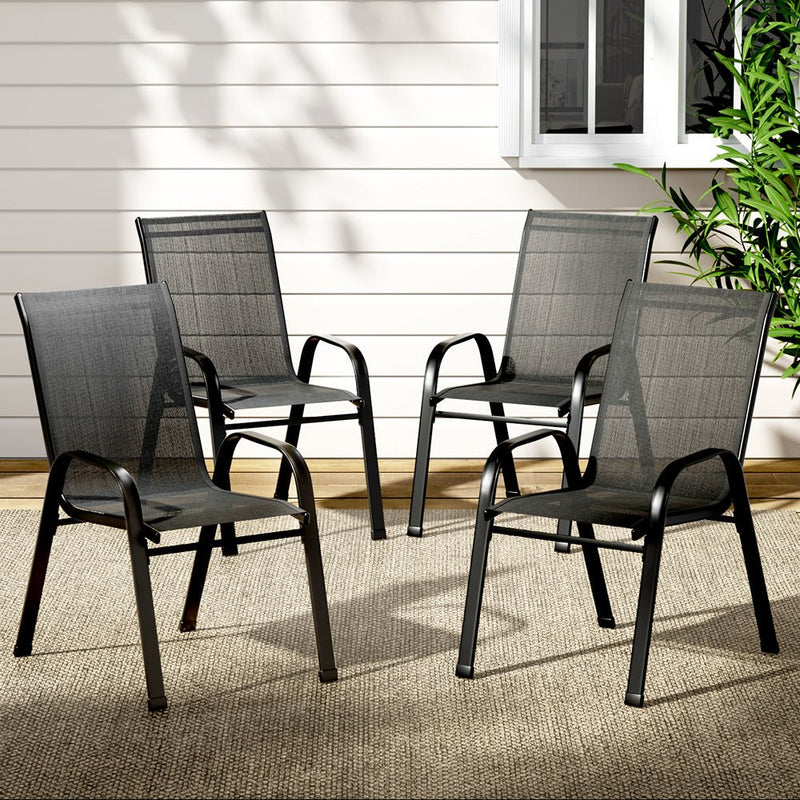
Introduction:
Choosing sustainable floor options not only enhances the aesthetic appeal of your space but also contributes to a greener, eco-friendly lifestyle. From renewable materials to low-impact production processes, sustainable floor choices offer a variety of benefits for environmentally conscious homeowners.
Eco-Friendly Materials:
Opting for sustainable floor choices involves selecting materials that have minimal impact on the environment. Bamboo, cork, and reclaimed wood are excellent examples. These materials are renewable, meaning they can be replenished relatively quickly, reducing the strain on natural resources compared to traditional flooring materials.
Recycled and Reclaimed Options:
Recycled and reclaimed flooring options take sustainability a step further. These choices repurpose materials that would otherwise end up in landfills, giving them a new life as stylish and eco-friendly flooring. Recycled glass tiles and reclaimed hardwood floors are popular choices that showcase the beauty of repurposed materials.
Low VOC and Non-Toxic Finishes:
When considering sustainable flooring, it’s essential to pay attention not only to the material but also to the finishes used. Volatile Organic Compounds (VOCs) are chemicals that can be harmful to indoor air quality. Opt for flooring options with low VOC or non-toxic finishes to create a healthier indoor environment for your family.
Cork Flooring for Softness and Sustainability:
Cork flooring is an excellent sustainable choice known for its softness, warmth, and resilience. Harvested from the bark of cork oak trees, this material is renewable, as the trees continue to grow and produce more bark. Additionally, cork flooring provides natural insulation and is resistant to mold and mildew.
Bamboo Flooring: A Rapidly Renewable Option:
Bamboo flooring is a rapidly renewable resource that has gained popularity in sustainable design. Bamboo plants mature quickly, making it a more sustainable alternative to traditional hardwood. The flooring is durable, versatile, and available in various styles, making it a practical and eco-friendly choice for any room.
Linoleum: Natural and Biodegradable:
Linoleum is a natural flooring option made from linseed oil, cork powder, wood flour, and other renewable materials. It is biodegradable and offers an eco-friendly alternative to vinyl flooring. With a variety of colors and patterns, linoleum provides a stylish and sustainable solution for both residential and commercial spaces.
Sustainable Carpeting Choices:
For those who prefer the softness of carpeting, there are sustainable options available. Look for carpets made from recycled or natural materials. Some manufacturers offer carpets with recycled content or ones that can be recycled at the end of their lifespan, reducing the environmental impact.
Upcycled and Repurposed Flooring:
Embrace creativity and uniqueness by exploring upcycled and repurposed flooring options. This involves using salvaged materials, such as reclaimed barn wood or industrial pallets, to create one-of-a-kind floors. Not only does this approach contribute to sustainability, but it also adds character and history to your living space.
Consideration for Radiant Heating:
As you explore sustainable floor choices, consider the compatibility with radiant heating systems. Sustainable materials like bamboo and cork often work well with radiant heat, providing an energy-efficient and comfortable solution for your home. To explore sustainable flooring options compatible with radiant heating, visit home-radiators.com.
Conclusion:
Making sustainable floor choices is a meaningful step towards creating an eco-friendly and visually appealing home. From eco-friendly materials to low VOC finishes, there are various options available to align your flooring choices with your commitment to sustainability. Explore the diverse range of sustainable flooring solutions and make a positive impact on your living space and the environment.








